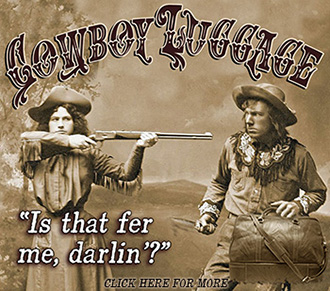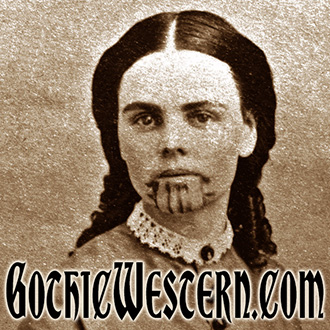Women’s Suffrage
Although women had been instrumental the development of our country, as 1869 came to a close, they didn’t have the right to hold a political office, or even vote. But that changed on December 10, 1869 as the first state gave women the right to vote and hold political office. One would expect that it would be an eastern state. But that wasn’t so. It was one of the most frontier areas of that time… Wyoming. So, why were the men in the Wyoming Territory so progressive when it came to women’s suffrage?

One middle-aged territorial legislator by the name of William Bright backed the bill because his wife convinced him that “denying women the vote was a gross injustice.” Incidentally, his wife just happened to be about half his age. Then there was Edward Lee, the territorial secretary, who argued that if a black man can vote, why couldn’t his dear sweet mother. But most people supported the bill for another reason.
At the time the Wyoming territory had a population of about 6,000 men and only about 1,000 women. And most of the 6,000 men were lonely for a woman’s companionship. It was thought that if Wyoming gave women the right to vote, the territory would get national publicity, and in turn single women would come to this rugged, isolated area.
When Governor John Campbell signed the women’s suffrage bill one lawmaker gave the toast, “To the lovely ladies, once our superiors, now our equals.”
Did it work? Well, if you visit Wyoming today you’ll meet some of the handsomest, most strong-minded women, and happiest men.
An interesting side note: In ancient Athens, often cited as the birthplace of democracy, only adult, male citizens who owned land were permitted to vote. Through subsequent centuries, Europe was generally ruled by monarchs, though various forms of parliament arose at different times. The high rank ascribed to abbesses within the Catholic Church permitted some women the right to sit and vote at national assemblies – as with various high-ranking abbesses in Medieval Germany, who were ranked among the independent princes of the empire. Their Protestant successors enjoyed the same privilege almost into modern times.




